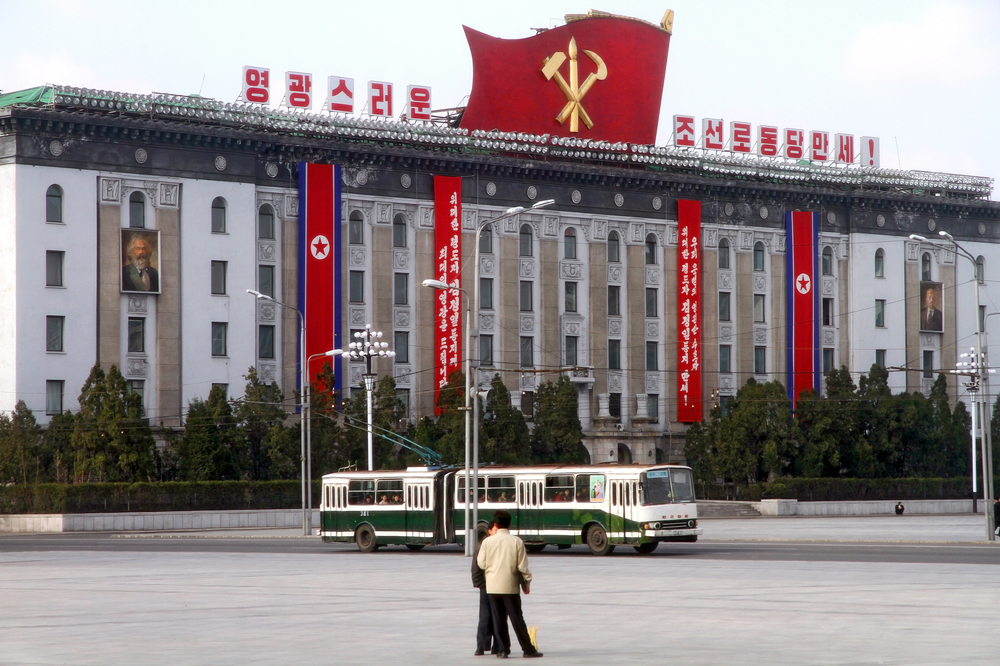But as geopolitical ripples emanate from Pyongyang, there’s an interesting backdrop to consider; recent research from the Institute for Economics and Peace (IEP) points to surprising improvements in North Korea’s peace indicators.
Kim Jong Un’s trip aimed to foster stronger military and economic cooperation between North Korea and Russia. Details emerging from the Worker’s Party’s central committee meeting indicated an emphasis on “constructively” developing long-term relations with Russia. Kim’s stress on a multidimensional expansion of cooperation suggests that the alliance will remain in the longer term.
The Korean Central News Agency (KCNA) emphasised that the recent diplomatic efforts have elevated the North Korean-Russian relationship to “a new strategic level”, potentially reshaping the global geopolitical landscape.
However, these events have not gone unnoticed. There’s rising anxiety in Seoul and Washington over the potential for a quid pro quo between Moscow and Pyongyang. Speculations run rife: Is Russia aiming to procure ammunition from North Korea to aid its campaign in Ukraine? In turn, does Pyongyang expect technological support for its nuclear ambitions?
South Korean President Yoon Suk Yeol was forthright during his U.N. General Assembly speech, warning of significant repercussions if Russia offers technological assistance to North Korea’s weapons program in exchange for wartime aid in Ukraine.

Against this backdrop of evolving alliances and potential conflicts, there’s a juxtaposing narrative emerging from the IEP’s recent findings.
North Korea, historically the least peaceful country in its region, has shown a marked improvement in its peace indicators for 2023. According to the Global Peace Index 2023, North Korea is currently at its most peaceful status since 2010, marking the third-largest improvement in the region.
Despite a downturn in the ‘Perceptions of Criminality’ indicator, the nation has recorded positive changes in ‘Violent Demonstrations’ and ‘Refugees and IDPs’. It’s worth noting, however, that these improvements may have been caused by national lockdowns imposed during the pandemic. Following its first confirmed COVID-19 case in May 2022, the North Korean government imposed severe lockdowns, leading to extended border closures and mobility constraints.
This relationship between North Korea and Russia, set against the backdrop of the IEP’s peace analysis, paints a fascinating picture. As the world watches the geopolitical moves, it’s crucial to consider the broader spectrum of peace, stability, and the influences shaping the regional dynamic. Only time will determine how these narratives intertwine and what they mean for the future of East Asia and beyond.
Read more in the Global Peace Index 2023.